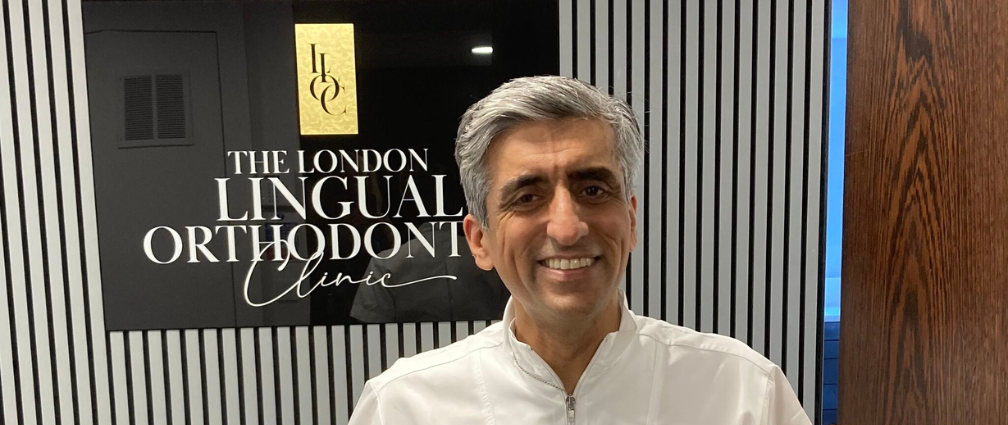For as long as everyone in the dental profession can remember, the Bolam Test has been applied for assessing the appropriate standard of care in potential negligence cases. In essence, Bolam goes like this: if you act as most other responsible clinicians would act, then you are beyond reproach. Of course, most of us simply got on and treated our patients to the highest possible standard without giving a second thought to possible litigation. But the Bolam test has been front of mind for the people who have run our defence organizations for the last 50 years.
Mr Bolam’s case against the Friern Hospital Management Committee was heard in 1957. The judge ruled that the doctors treating Mr Bolam had not been negligent because they had acted as other responsible professionals would have done. In other words, what was common practice in a particular profession was highly relevant to the standard of care required. Furthermore, at that time, if the risks of a procedure were small, it was common practice not to warn patients of any risks unless they asked.
Following an important ruling at the Supreme Court in London in 2014, a patient’s right to be told of potential risks is now paramount. The case of Montgomery versus Lanarkshire involved a baby which suffered brain damage at birth. The mother, Nadine Montgomery, has Type 1 diabetes. Since diabetic mothers can give birth to larger than average babies there is a higher risk of complications. Mrs Montgomery maintained that she should have been warned that the delivery might be difficult and offered a caesarian birth. The judges in the Supreme Court agreed.
The implications of this ruling are wide-reaching for all health professionals. From now on, all of us will have to consider carefully the risks and possible side-effects of any treatment that we are about to embark upon.
The consent process, which should already be detailed and considered, will need to cover all possible implications of a treatment. Will any of this radically change the way any of us work? I suspect not. But all of us will need to be far more thoughtful about what we tell our patients while specialists and referring dentists will need to work ever more collaboratively, making sure that their shared patients receive the information they need.













